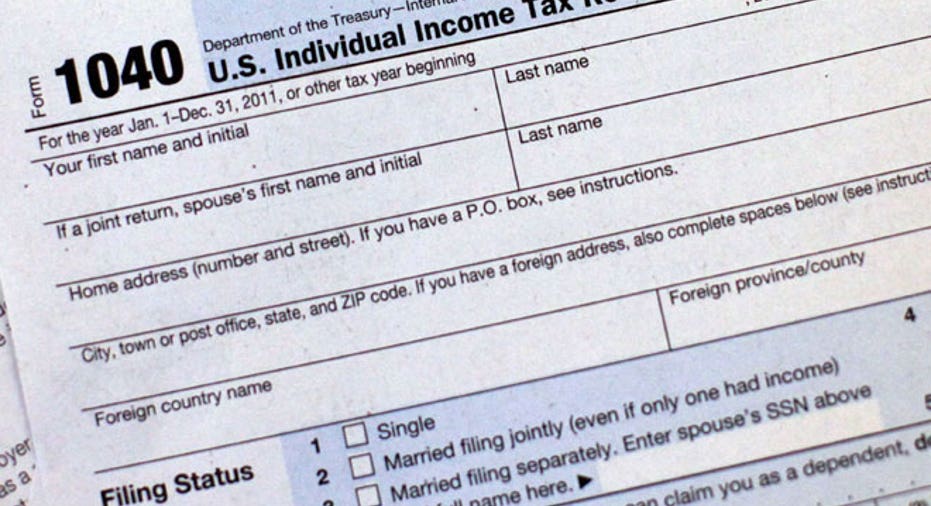End-of-Year Tax Planning Tips

If you had a significant change in your finances this year, now is the time to make an appointment with your tax professional to review the impact on your taxes in order to determine if you will owe more or less on your 2013 tax return. After all, no one likes a big surprise next April 15.
A higher-than-expected tax liability that you cannot immediately pay is not just costly, it can also be stressful, so it would behoove you to visit a tax pro now, during the slow season when one can easily accommodate you and help you project and plan.
Starting now allows you to begin a savings program or adjust your payroll withholdings to prepare for the liability.
Here are some common tax-impacting situations that require the help of a professional and how to mitigate their potential liabilities:
Change in marital status. If you divorced this year or will be by Dec. 31, 2013, you will transition from the advantageous married filing joint tax status to single or head of household if you have dependents or others who will qualify you for that filling status.
Earlier this year, a new client asked me to prepare his 2012 income tax return and was shocked to find that he owed a huge amount in taxes. He had divorced and could no longer claim his nonworking spouse and he also lost the mortgage interest deduction because the family home was sold to settle the divorce issues. As a renter, he no longer qualified for itemized deductions.
Because he had not planned accordingly, he was not prepared to meet his tax liability. However, if he had consulted a tax professional and projected the new liability, he could have adjusted his tax withholdings at work and been a happy camper on April 15. Now, he is on an installment agreement with the IRS paying an exorbitant amount in penalties and interest.
By the same token, another client with a lower income went through a divorce last year and became the sole support of her two children. Turns out she could have turned off withholding altogether and enjoyed a higher take-home pay because she became the recipient of the earned income tax credit netting a substantial refund.
If you got married this year, you will want to analyze the impact of joint finances on your tax liability. Combining both sets of numbers together to determine if there will be a liability or a refund is an important step to take to make sure your newlywed bliss doesn’t turn into a tax nightmare.
Buying or selling a home. The tax deductions regarding buying, selling and improving a home are complicated. If you go from being a renter to a home owner, you will enjoy a deduction for property taxes and mortgage interest. Also, if any part of the home is used as a bona fide home office, you will be able to deduct utilities, maintenance and repairs, among others—and this could bring considerable tax savings.
If you sell your home, part of your profit may be taxable, but it’s a good idea to consult with a tax professional to determine if you will end up owing Uncle Sam.
Job change. If you change jobs, you will be required to complete Form W4 to declare your exemptions. Depending upon whether there are other financial changes and if you are substantially increasing or decreasing your income, you may want to do some projections to see where you will stand next April 15. Your tax pro can help you determine how many exemptions to claim in order to align your withholdings to your liability.
Retirement. If you entered retirement this year, congratulations! But your tax picture just changed completely. Running the new numbers will help retirees determine how much should be saved toward taxes and whether or not to have withholdings on their retirement pay or Social Security benefits.



















